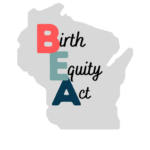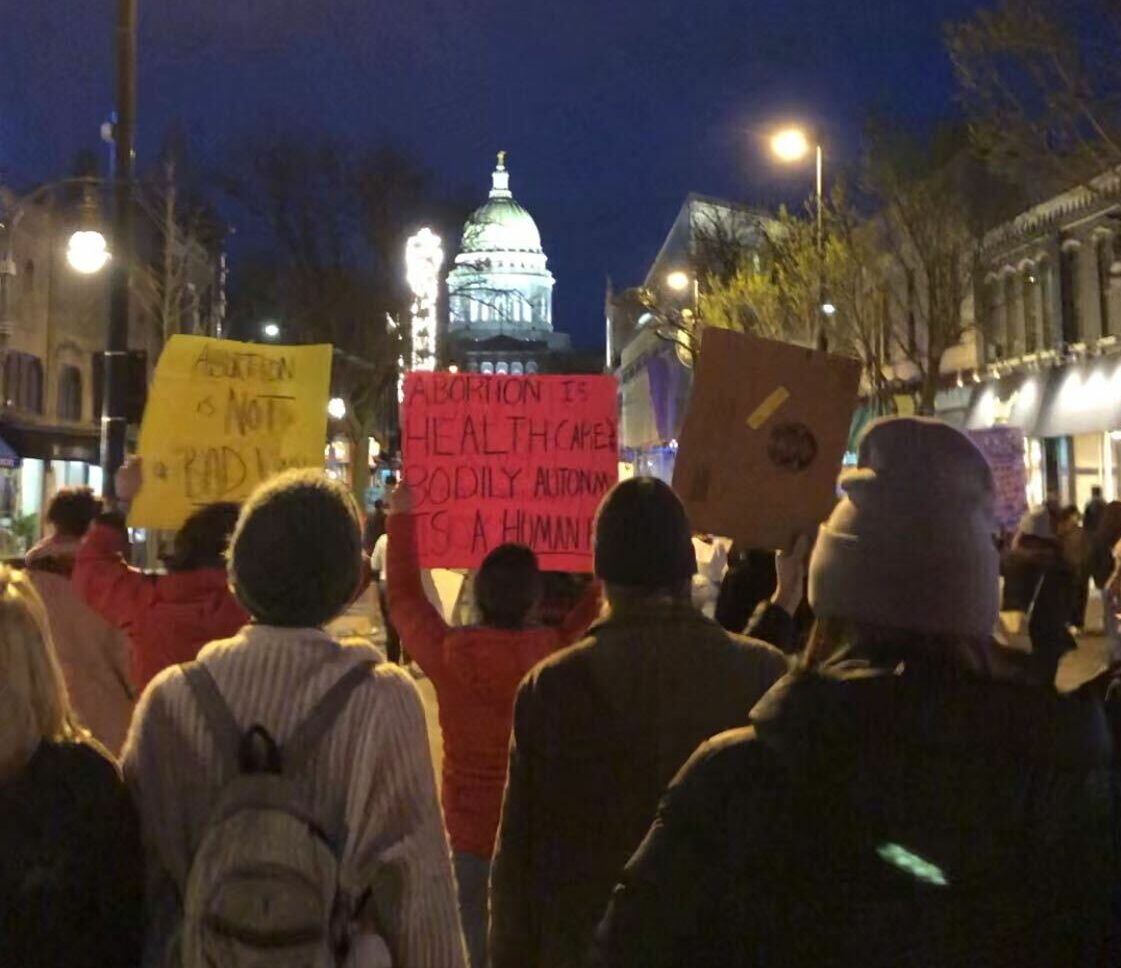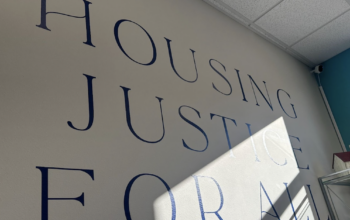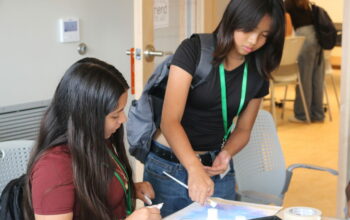Wisconsin Alliance for Women’s Health advocates for optimal health care for women, especially when it comes to their reproductive health, by helping them become effective advocates for themselves.
The Wisconsin Alliance for Women’s Health says it works to improve women’s health in Wisconsin by “engaging, educating, empowering” people and organizations across the state. The alliance said it exists for every woman regardless of their age, race and stage of life, and women’s health and economic security are the organization’s priority considerations.
Issues around women’s health care took on new urgency last year when the U.S. Supreme Court struck down the longstanding Roe v. Wade decision that allowed women to access abortion-related health care. Wisconsin reverted to an 1849 law that outlaws almost all abortions, except when the mother’s life is in danger.
Women’s ability to make decisions about their health care was a motivating factor for many voters in the 2022 midterm elections.
However, advocates with the alliance say women are not getting equal health care services because some women don’t know the power they have to influence policy. This means they sometimes don’t have access to quality health care.
For instance, Sara Finger, the executive director and founder of the alliance, said women of color often lack the same power white women have in deciding whether to continue a pregnancy. This difference in autonomy, economic and social conditions affect access to health care.
The Wisconsin Alliance for Women’s Health is working to reduce those disparities through, among other measures, the Wisconsin Birth Equity Act, a package of legislative proposals aimed at expanding affordable prenatal and postpartum care.

“We feel like right now women’s health, safety and security is really being threatened because policies and big decisions are happening to women rather than with us,” Finger said. “And so the work I do with the policy side of Wisconsin Alliance for Women’s Health is to really help inform, involve and inspire everyday people to understand the power they have, how important their voice and their lived experiences [are].”
Finger estimates that less than 7% of Wisconsin adults can identify who their state legislators are.
“So that’s a lot of people that are not aware of who are elected to work for them, and if you don’t know who works for you, you don’t know how to communicate with them,” Finger said. “And if you don’t communicate with them, you don’t necessarily know what they’re doing for you or can do, and it’s really hard to hold these people accountable.”
Therefore, the Wisconsin Alliance for Women’s Health has changed the dynamic for promoting both women’s health and advocacy by helping citizens know their power and use it to communicate with legislators, Finger said.
“I often say if you’re not in the kitchen, you’re on the menu, and that just means that we have been trained as a society to really sit on the side of democracy,” she said.
Another part of the organization is the Providers and Teens Communicating for Health program, which is managed by director Amy Olejniczak and works with schools to improve adolescent health. The main mission of the program, known by participants as PATCH, is to help all teenagers stay healthy by learning and holding workshops on sexual and mental health.
Based on what they have learned during the program, the teen educators run workshops, including one called PATCH providers, during which they teach health professionals about how teens feel about their health. The teen educators also run peer-to-peer workshops, during which they teach other teenagers how to participate in their own health care.
Although Finger and Olejniczak focus on different facets of health care, women’s and adolescent health respectively, they have both been thinking about how to raise people’s awareness of their power as citizens to advocate and push for change.
“We have to draw the lines connecting the dots between our physical health, our mental health, our economic security, chronic disease, violence against women, cancer, environmental health. There are always great organizations that exist to tackle these areas,” Finger said.





